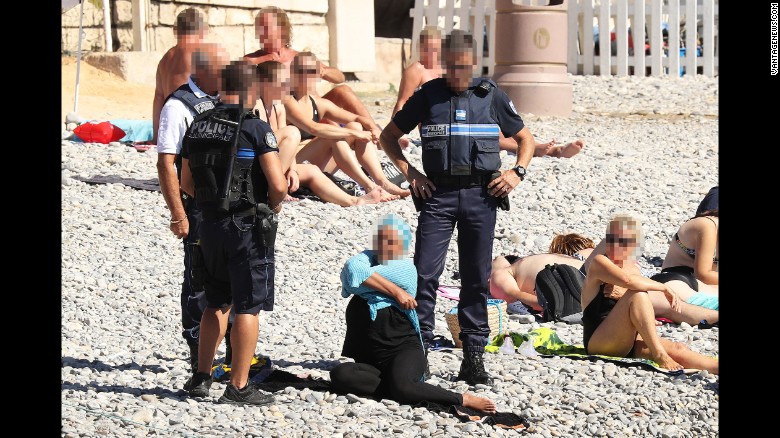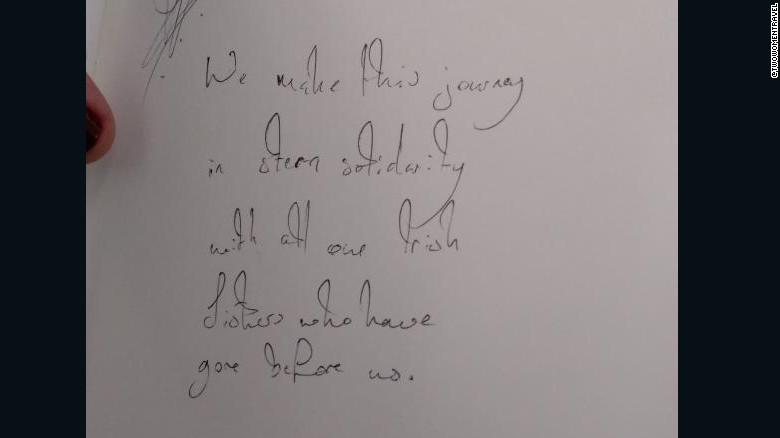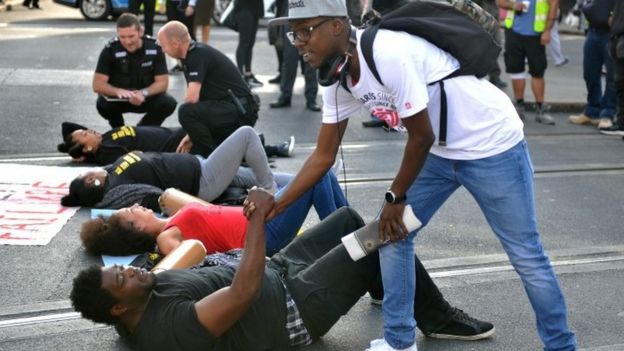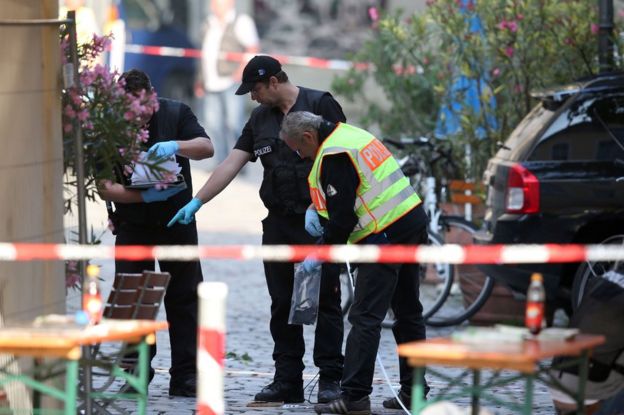By Sarah Lafen
Impunity Watch Desk Reporter, Europe
PARIS, France — Burkinis, the full-body bathing suit worn by Muslim women, have been banned by over 15 towns in France, mainly at popular tourist locations on the French Riviera. The bans do not mention the burkini specifically, however refer to clothing that will be respectful of the principle of secularism. Authorities cite recent terrorist attacks, such as the ones in Nice and Paris, when justifying the need to keep the public order implications of religious clothing at bay.

France is home to Europe’s largest Muslim population. However, some mayors of the towns considering the burkini ban admit to never having seen one on their local beaches. Some of the mayors justify the ban by citing the maintenance of public hygiene and “good morals.”
The bans are raising concerns regarding whether the proliferation of bans on the swimwear is a sign of France’s demand for conformity with the non-Muslim community, or whether the bans are an authentic, affirmative absence of government involvement in religious affairs. Recent opinion polls reflect the support that many French citizens have for the ban, however many Muslims living in France have expressed that they feel they are being “unfairly targeted.”
This past week, images emerged depicting French police allegedly enforcing the ban on a beach in Nice. Multiple armed police officers stood around a woman as she removed her long-sleeved tunic, and one officer appeared to write her a fine once she was finished. Siam, the 34 year old mother who was approached by police regarding her clothing, states that she had been sitting on the beach in leggings, the tunic, and a headscarf when she was fined. Siam also told the press that she had no intention of swimming. Nice authorities say the enforcement of the ban is a “necessity” after the terrorist attack in Bastille in July. Muslim activist group Collective against Islamophobia claim that within the last two weeks, 16 Muslim women have been fined for their attire at beaches in the south of France, however none of those 16 were wearing an actual burkini.
French Prime Minister Manuel Valls supports the ban and those mayors who are enforcing it, calling the burkini an “affirmation of political Islam in the public space,” and considers them to be a part of a “policical project” to enslave women. On the other hand, French education minister Najat Vallaud-Belkacem, warns that the increase in burkini bans lets “loose” verbal racism.
For more information, please see:
BBC — France Burkini Ban: Mayors Urged to Heed Court’s Ruling — 27 August 2016
CNN — Burkini Ban: Police in Nice Force Woman to Remove Part of Clothing — 25 August 2016
The Guardian — France’s Burkini Ban Row Divides Government as Court Mulls Legality — 25 August 2016
BBC — France ‘Burkini Ban’: Images of Police on Beach Fuel Debate — 24 August 2016



